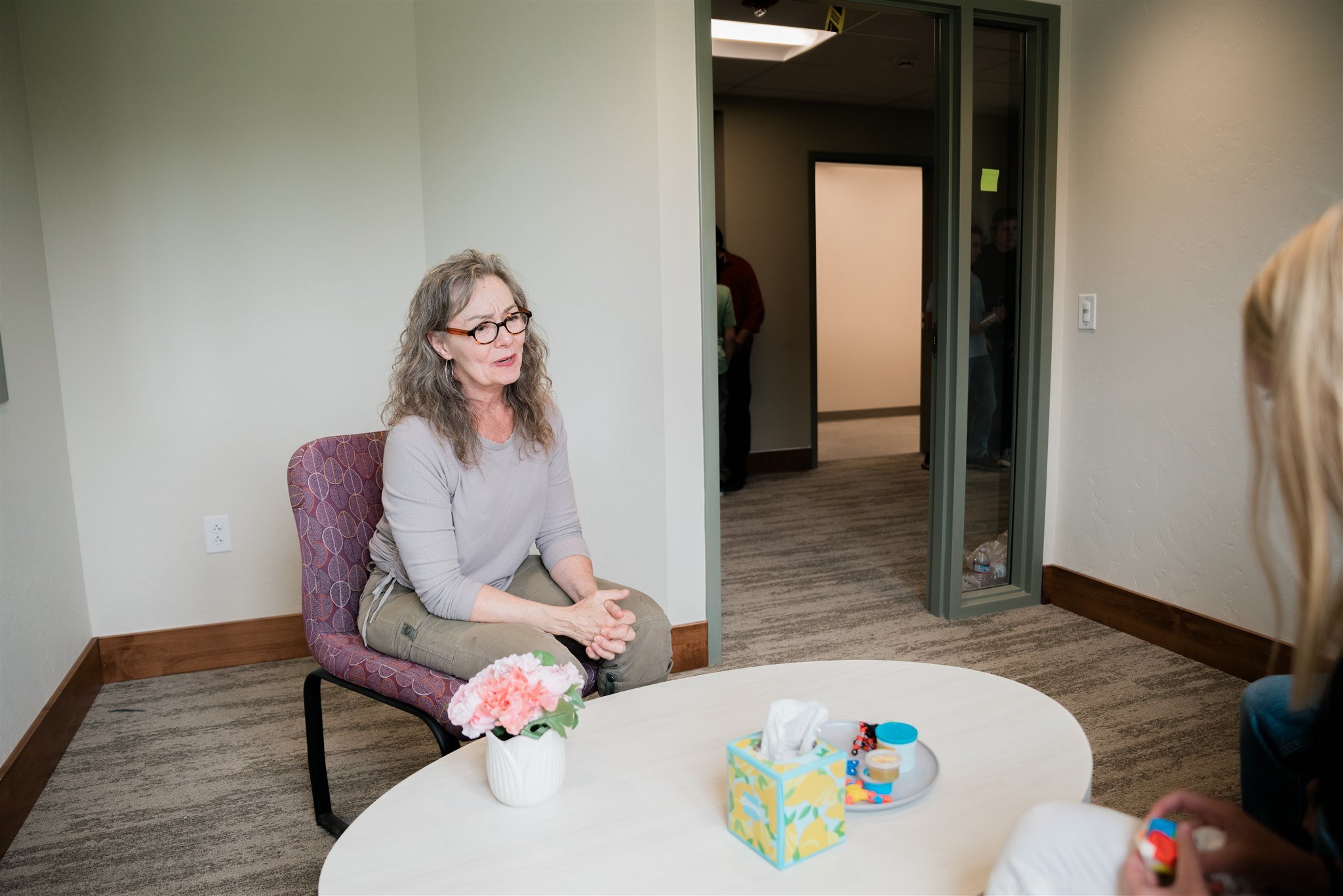Jessica Anderson
Subscribe to our blog
The importance of social-emotional learning (SEL) in promoting students’ academic success and well-being has gained widespread recognition in recent years. However, implementing SEL in a sustainable and systematic way can be challenging, particularly within a multi-tiered system of supports (MTSS) framework.
This blog post explores effective strategies for integrating SEL within an MTSS system to enhance students’ social and emotional skills. Read on to learn more about how to make SEL work within the MTSS framework.
What is MTSS?
First, it’s important to understand what we mean by MTSS.
A Multi-Tiered System of Supports (MTSS) is a framework that schools use to provide students with targeted interventions and support to help them achieve academic, behavioral, and social-emotional success. MTSS typically consists of three tiers of support:
Tier 1: Universal Support
The first tier of MTSS provides universal support to all students. This includes evidence-based practices and strategies that are implemented school-wide, such as a positive and welcoming school climate, clear behavior expectations, and academic instruction that is differentiated to meet the needs of diverse learners. In this tier, the focus is on promoting a positive learning environment and preventing academic and behavioral difficulties.
Tier 2: Targeted Support
The second tier of MTSS involves providing targeted support to students who are identified as needing additional help beyond the universal support provided in Tier 1. This may include small group interventions, mentoring, and counseling services designed to address specific academic, behavioral, or social-emotional needs. Students who receive Tier 2 support typically demonstrate mild to moderate difficulties that can be addressed through targeted intervention.
Tier 3: Intensive Support
The third tier of MTSS provides intensive support to students who require more significant interventions to address complex academic, behavioral, or social-emotional difficulties. This may include individualized interventions, one-on-one counseling or mentoring, and referral to community-based services. Students who receive Tier 3 support typically have ongoing and significant needs that require specialized interventions and support.
The MTSS framework allows schools to provide a continuum of support that can be customized to meet the diverse needs of students. By providing different levels of support, schools can identify and address academic, behavioral, and social-emotional difficulties early on, before they become more significant and challenging to address.
Establishing a Vision for SEL
SEL can be integrated within all three tiers within an MTSS framework. In order to do so, it’s essential at both the building and district levels to establish a shared vision for SEL that is aligned with the overall goals and values of the MTSS framework.
This shared vision should involve a variety of key stakeholders, including administrators, teachers, school-based mental health providers, students, families, and community partners. Together, this team should create a clear definition of what SEL means within the context of their framework and how it supports students’ academic and social-emotional development.
Integrating Tiered Supports
Tier 1
At Tier 1, SEL can be integrated into the overall district or school culture through practices such as school-wide positive behavior interventions and supports (SWPBIS), restorative justice practices, and explicit SEL instruction. By incorporating SEL into these universal supports that all students have access to, all students end up benefiting from SEL skills and competencies.
Here are some ways to integrate SEL at Tier 1:
-
Implement an evidence-based school-wide SEL curriculum
-
With students, establish school-wide expectations for behavior
-
Provide professional development for staff in SEL and social-emotional competencies
-
Use data to inform and monitor the effectiveness of SEL practices
-
Involve families and community partners in new initiatives by seeking input and feedback
Tier 2
At Tier 2, targeted interventions can be provided for students who are at risk of experiencing social-emotional challenges. These interventions should be designed to provide additional support and practice for specific SEL skills and competencies that students may be struggling with. For example, a small group of students may receive targeted instruction in social problem-solving skills or emotion regulation. These targeted interventions can be delivered by a school counselor, social worker, school psychologist, or other trained professional.
Examples of Tier 2 SEL interventions include:
-
Small Group Counseling:
A targeted intervention that provides students with a safe and supportive space to discuss their social-emotional concerns with a trained professional.
-
Check-In/Check-Out:
A daily progress monitoring system in which students check in with an adult in the morning to set goals for the day and check out at the end of the day to reflect.
-
Peer Tutoring:
An intervention in which students work in pairs or small groups to provide academic or social-emotional support to one another.
-
Social Skills Groups:
Small group interventions that focus on developing specific social skills such as communication, problem-solving, and conflict resolution. These groups provide opportunities for students to practice these skills in a safe and supportive environment.
-
Mentoring:
Mentoring is a one-on-one intervention in which a trained adult mentor provides guidance and support to a student. Mentoring interventions can include social-emotional support such as building positive relationships and promoting positive decision-making.
Tier 3
At Tier 3, students with significant social-emotional needs may require more intensive support. These interventions may include individualized SEL coaching or therapy, family engagement, and collaboration with community partners. It’s important to ensure that these intensive interventions are evidence-based and tailored to the specific needs of each student.
Here are some additional recommendations for Tier 3 supports:
-
Individual Counseling:
A one-on-one intervention in which a trained counselor or mental health professional provides support and guidance to a student with specific social-emotional needs. The counselor can provide personalized strategies and interventions to help the student develop skills such as emotional regulation, coping mechanisms, and problem-solving.
-
Functional Behavior Assessment (FBA):
A comprehensive evaluation process that is used to identify the underlying causes of challenging behavior. Once the underlying causes of the behavior are identified, an individualized plan can be developed to support the student’s social-emotional needs.
-
Wraparound Services:
A team-based intervention that involves the student, family, school, and community partners. This intervention is designed to provide intensive support to students who require multiple services and interventions to address their social-emotional needs. Wraparound services can include mental health services, academic support, and community-based services.
-
Trauma-Informed Care:
Trauma-informed care focuses on creating a safe and supportive environment for students who have experienced trauma. This intervention involves training staff in trauma-informed practices and implementing strategies to support students’ emotional regulation, coping mechanisms, and social skills development.
-
Crisis Plan:
An intervention that provides immediate support to students who are experiencing a crisis or traumatic event. This intervention can include counseling services, support from mental health professionals, and referrals to community-based services.
Incorporating social-emotional learning into Tier 3 interventions can help students with specific social-emotional needs develop the skills and competencies they need to be successful academically and in life. By providing individualized and specialized support that addresses the underlying causes of challenging behavior and emotion regulation, schools can promote their social-emotional development and enhance their overall well-being.
Creating a Culture of Support
Incorporating social-emotional learning (SEL) into a multi-tiered system of supports (MTSS) can have a profound impact on students’ academic success and overall well-being. Through targeted support addressing students specific social-emotional needs, schools promote their social-emotional development and enhance their overall achievement.
With the strategies outlined here, educators and administrators can work to integrate SEL into their MTSS framework, creating a culture of support that enables all students to reach their full potential. By prioritizing the development of social and emotional skills, schools can help students not only succeed academically but also thrive in their personal and social lives.




%2c%20equips%20individuals%20with%20skills%20to%20navigate%20relationships%20and%20social%20situations%20effectively.jpg)
Leave a Comment